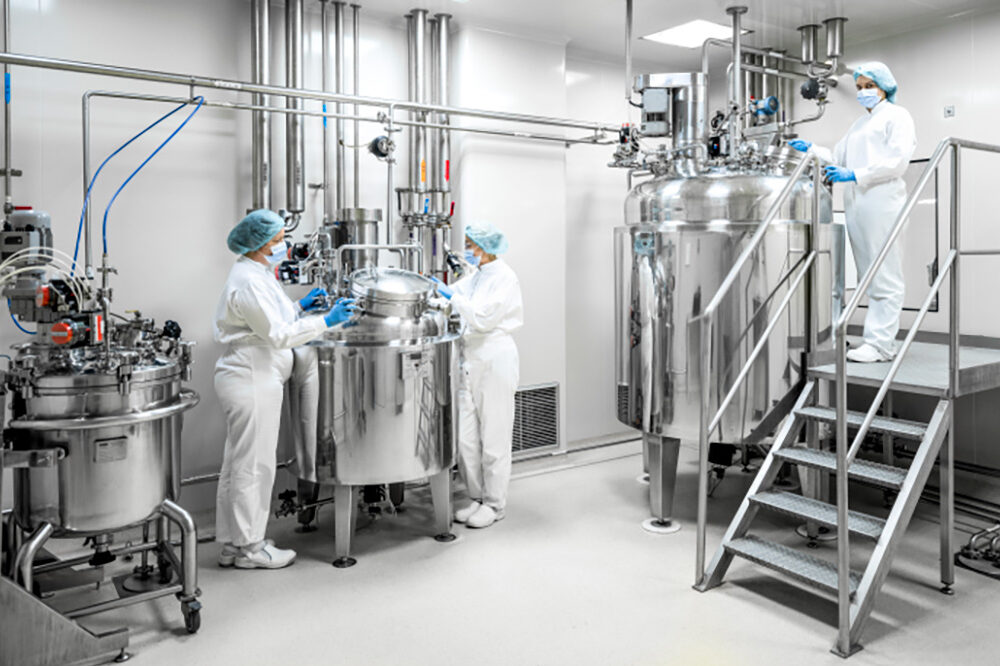US tariffs threaten Swedish patients’ access to medicines, states Lif

Almost six out of ten Swedes believe that their future access to important medicines could be greatly affected by the US tariff plans.
At the same time, three out of four believe that Swedish pharmaceutical exports could be affected. This is shown by a new survey conducted by Novus on behalf of Lif – the Swedish research pharmaceutical companies.
The Stockholm Chamber of Commerce and Lif today present the results and call for preparations to strengthen Sweden’s position given the threat from American pharmaceutical policy. Sweden is one of Europe’s strongest pharmaceutical countries with exports of around SEK 150 billion annually and an export share corresponding to just over seven percent.
The US’s plans for tariffs and new pricing policies for pharmaceuticals are hitting the entire value chain.
“The US’s plans for tariffs and new pricing policies for pharmaceuticals are hitting the entire value chain. Costs and lead times risk increasing, supply chains become more vulnerable and investments may be postponed. This could mean that companies are forced to place their investments and clinical trials in countries other than Sweden, and wait with launches. Swedish patients’ access to new medicines would then be limited,” says Sofia Wallström, CEO of Lif.

The European life science industry: The time to step up is now
Europe ranks highly when it comes to life science know-how and knowledge, but the region is falling behind when it comes to R&D and turning science into real-world solutions. Complex regulations, a fragmented market, scattered funding, and the potential US market tariffs are just some of the challenges ahead.
Tariffs on pharmaceuticals and aggressive US pricing policies could drive more expensive and fragmented supply chains, leading to companies building separate production streams for the US, reducing global efficiency. This risks steering investments to the US while eroding planned investments in other countries such as Sweden, states Lif. Higher costs and changes in the chain may also affect where clinical trials are located and create pressure to move studies or resources closer to the American market, which in turn risks delaying access to new medicines for patients in Sweden.
Sweden needs to invest in pharmaceuticals and increase pharmaceutical funding, so that research, production and innovation take place here – not move to other countries.
“As trade policy becomes more uncertain, it is crucial that Sweden stands up for open markets and creates long-term conditions that give companies predictability and incentives to invest. Sweden needs to invest in pharmaceuticals and increase pharmaceutical funding, so that research, production and innovation take place here – not move to other countries,” says Sofia Wallström, CEO of Lif.
Published: November 18, 2025











